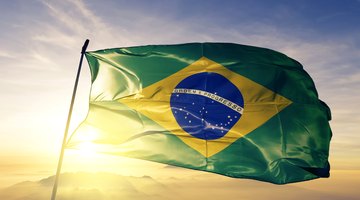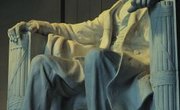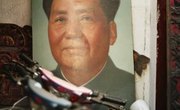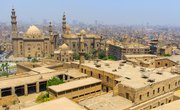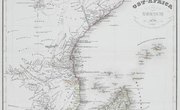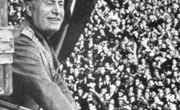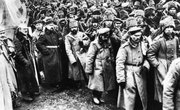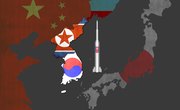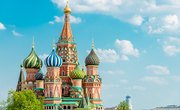There are various forms of democracy. In general, the term applies to a government elected by a broad swath of the citizens. Brazil has not always been a democracy. From 1500 to 1889, the land was either a Portuguese colony or a monarchical empire. While it established a representative government in 1889, Brazil would shelve democracy again in 1964. The military controlled the government until 1985, allowing democratic elections once again in 1989.
Colony
Brazil originated as a Portuguese colonial possession in 1500 when ship captain Pedro Cabral landed on its northern shores. The Portuguese monarch issued land grants allowing wealthy settlers to build large plantations. Slaves from Africa performed most of the labor in this colonial era. In 1808, the Portuguese royal family fled to Brazil to avoid French forces led by Napoleon. Rio de Janeiro, Brazil, was during this period the capital of Portugal. King Joao returned to Portugal in 1821. Dom Pedro, the prince, remained in Brazil, declaring the former colony independent in 1822.
Empire
The Brazilian Empire would last from 1822 to 1889. During this era, the nation remained a monarchy ruled by royalty. Slaves of African descent still comprised much of the labor force. Facing both internal and external pressure, Brazil emancipated its slaves in 1888. The monarchy, which had always depended on slaveowners for support, absconded from the nation, leaving the people to establish a free and independent government.
First and Second Republics
Brazil’s first democratic form of government came in 1889, when the royal family moved back to Europe. At that time, the nation became the Republic of Brazil, dominated by the wealthy coffee planters. The First Republic lasted until 1930, when Getúlio Vargas led a revolt after claiming the coffee elite prevented him from winning the general election. Vargas was a dictator for 15 years; the nation reinstalled a democratic republic in 1945. There was much hope for this Second Republic. The nation built a new, modern capital in Brasilia. There was also sustained economic turmoil as global coffee prices remained low. The army ended the Second Republic in 1964.
Military Dictatorship and Return
A military coup in 1964 suspended democracy in Brazil. At the time, the nation suffered from spiraling inflation. A succession of military leaders controlled the national government until 1985. Civilian leadership returned in 1985, though an electoral college chose the president. A new Constitution became law in 1989, establishing the Federative Republic of Brazil. Brazilians now enjoyed full democracy, with the military allowing free, open elections. In 2002, what many saw as the culmination of the return to democracy occurred with the election of Luiz Inacio Lula da Silva, or simply Lula, from the left-wing Labor Party.
Related Articles
References
Resources
Writer Bio
David Kenneth has a Ph.D. in history. His work has been published in "The Journal of Southern History," "The Georgia Historical Quarterly," "The Southern Historian," "The Journal of Mississippi History" and "The Oxford University Companion to American Law." Kenneth has been working as a writer since 1999.

